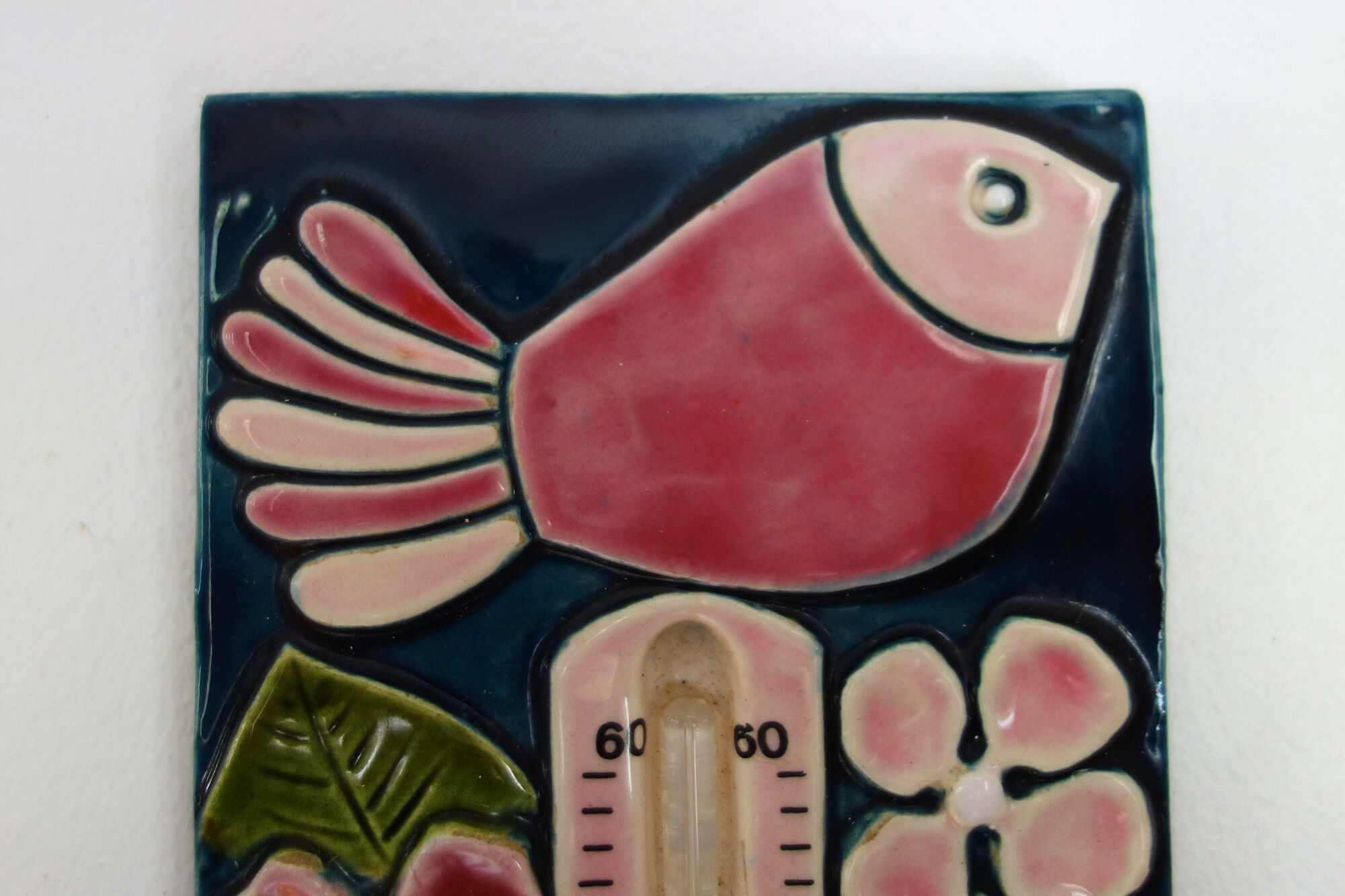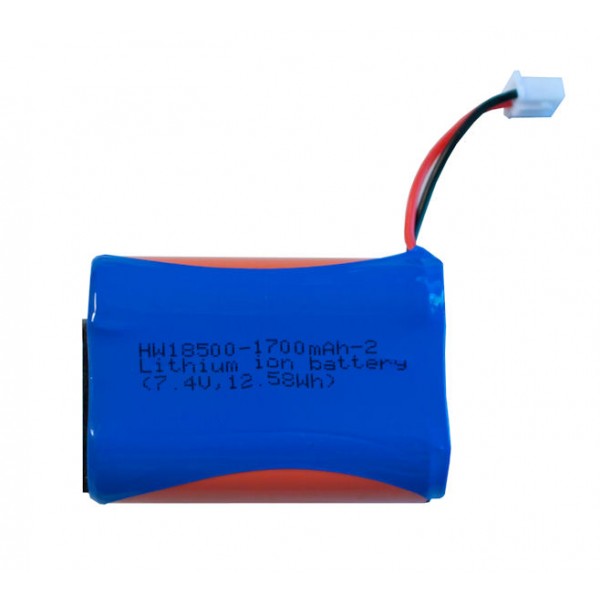


Informed consent was waived by the same Ethics Committee that approved the study (Ethics Committee of the State of Zurich, Switzerland, BASEC NR. For this type of study formal consent is not required.


It demonstrates a high level of discrimination and feasibility.įunding Information: This research received no specific grant from any funding agency,41 commercial or not-for-profit sectors.ĭeclaration of Interests: The authors have no conflicts of interests that are directly or indirectly related to the research.Įthics Approval Statement: The study was reviewed and approved by the Ethics Committee of the State of Zurich, Switzerland (Ref.-No. Repetitious data simulation processes indicated that a three-layer BPNN with eight neurons in the hidden layer is the most precise prediction model and shows a sensitivity of 79.0%, a specificity of 71.8%, a positive predictive value of 78.9%, a negative predictive value of 71.9% and a total coincidence rate of 75.9%.Ĭonclusion: The final BPNN model is a proof of concept for artificial intelligence assisted prediction of risk factors for distress in oncological patients. Results: Logistic regression identified 13 significant independent variables as predictors of distress, including emotional, physical and practical problems. Subsequently, BPNN was applied to establish a prediction model for distress. Potential predictors of distress were identified using logistic regression. The distress thermometer (DT) has been used as screening instrument. Methods: Data was collected retrospectively from 3063 oncological patients who had been diagnosed and treated at a Comprehensive Cancer Center between 20. The aim of the study was to establish a prediction model for distress in patients with cancer based on a back propagation neural network (BPNN). To improve individual prediction accuracy, novel approaches are required. Until now, only contemporary methods, such as logistic regression analysis, have been used to determine predictors of distress in oncological patients. Background: Research indicates that 25% to 60% of cancer patients report distress and are in need of psycho-oncological services.


 0 kommentar(er)
0 kommentar(er)
